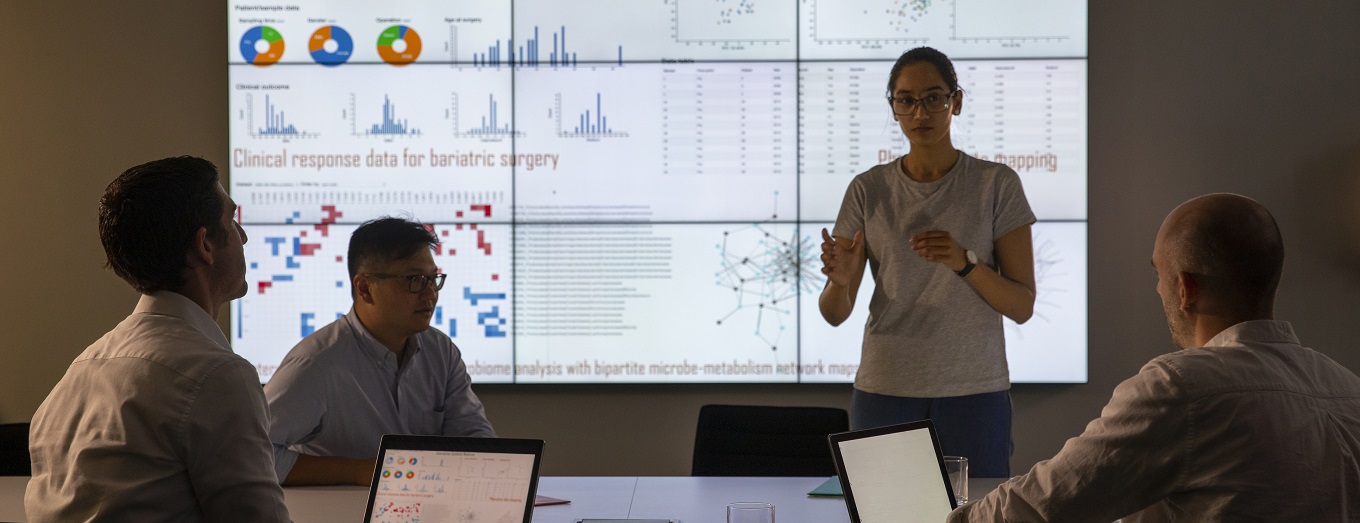Science Europe published a report to improve scientific research inclusion in tackling the Twin transition, and reveals recommendations for its members.
On 29 March 2023, Science Europe published a study that aims to identify and improve the role of scientific research in tackling the climate crisis and the digital transition. The report was published in the context of a Science Europe event, which discussed its findings with a high-level panel of leaders from research organisations. Based on a survey and qualitative insights, the report identifies activities for science-informed policy making, maps those funded and performed by Science Europe Member Organisations (SEMOs) and suggests recommendations. The report begins with an introduction and a contribution to defining a framework for science-policy interfaces (SPIs). Subsequently, it presents the results of a survey and further discusses national cases. Finally, the report concludes with policy lessons, limitations, and future venues for discussion.
Climate change and the digital transition are inextricably intertwined: digital technologies can reduce climate impacts through the provision of, for example, online meeting spaces instead of airplane travel. Nonetheless, the extensive use of this equipment requires a lot of energy and therefore contributes to high levels of energy consumption. A dialogue between researchers and policy makers is therefore required to understand and reduce the adverse effects associated with the two challenges.
‘Science-Policy Interfaces’ refer to all activities carried out by research organisations, such as those funded or performed by SEMOs, that aim to promote science-informed policy making. Within organisations, these activities can either synthesise technical/scientific evidence to review policy-relevant scientific contributions, or test policy ideas with international comparisons and feasibility studies. Organisations with SPI activities can generally follow three fundamental models: ad-hoc policy questions, bottom-up initiatives, and structured science-policy hubs. Building on this framework, the idea is to structure the science-policy interactions with dedicated resources, regular exchanges and a longer-term vision supporting and promoting science-informed policy-making.
Based on the example of the Swiss National Science Foundation (SNSF), the report takes a closer look into the model of science-policy hubs. With its National Research Programmes (NRPs), the SNSF and the Swiss federal government aim to support the development of knowledge relevant to decision-making and practice. Every 2-3 years, the Swiss State Secretariat for Education, Research and Innovation (SERI) invites interested parties to submit proposals for new NRPs. These are turned into programme proposals, and the SERI commissions the SNSF to conduct feasibility studies before preparing calls for proposals. The Federal Council subsequently decides on the appropriateness of the calls, sets the budget and mandates the SNSF to implement the NRPs. According to the report, “this bottom-up procedure ensures that the NRPs contribute to solving the most pressing societal and scientific challenges”. Additionally, the SNSF communicates its research findings to politicians and policy makers by training its researchers to bring relevant topics into the political discourse. These two aspects aim to bridge the gap between research and policy, aligning the different agendas and promoting exchange.
Finally, the report provides conclusions and recommendations. It finds that SEMOs mostly provide resources and administrative staff for SPIs, not specialised scientific staff. Funding and performance-oriented research studies gathering scientific evidence is the first of SPI activities, followed by related events and briefs. It also finds that activities are effective, especially in the field of the green transition, and less for the digital side. Subsequently, it calls for the need to distinguish between science-policy interfaces and science communication, of which the latter is rather general and devoted to all audiences, whereas the former targets all policy makers.
Future evaluations of SPI activities will lead to more discussions on their definition, promotion and incentivisation. This will eventually lead to a general upgrade on science-policy interactions in a mutually reinforcing process. The report therefore recommends to recognise, assess, and support SPI activities, as well as develop new strategies for them. At the EU level, the EC pursues productive discussions on better using scientific evidence and expertise in policymaking within Member States. The Joint Research Centre, which carries out research in order to provide independent scientific advice and support to EU policy, along with DG RTD and DG REFORM have already developed a Commission Staff Working Document on “Supporting and connecting policymaking in the Member States with scientific research” in October 2022. It was the first step to launch national and European debates about how to better connect the scientific and policymaking communities and highlighted the need for including scientific knowledge in identifying and assessing policy options. Building on this, subsequent initiatives have encouraged frequent and productive interactions between scientists and policymakers, now and in the future.

